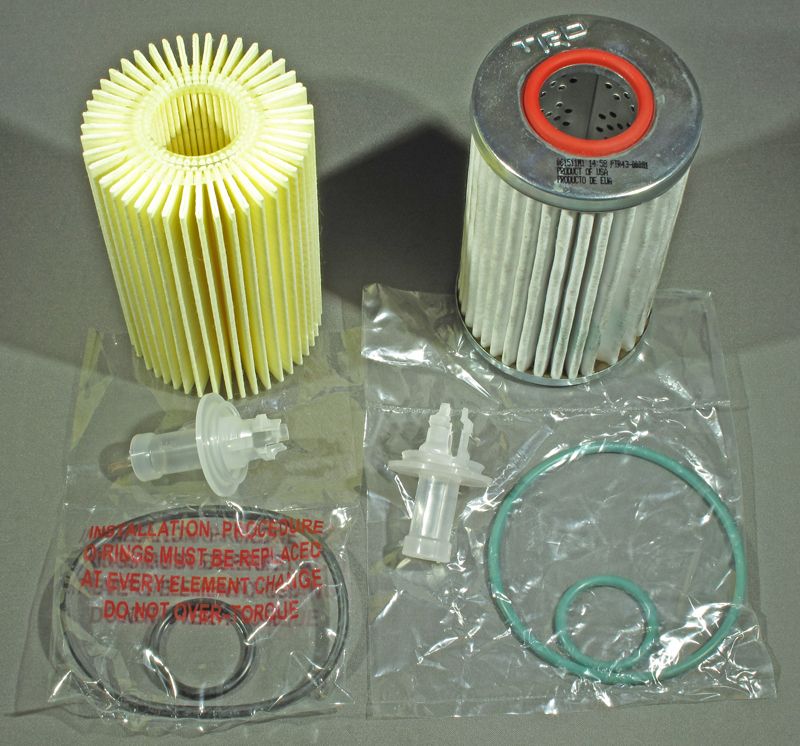Originally Posted By: Zhukov
Call me old-fashioned, but what the heck is this nonsense about? What does "synthetic" even mean in the context of an oil filter?
Furthermore, I see an explosion of expensive oil filters all over the place. I guess they're trying to guilt you into buying an expensive filter. When is the last time you heard someone having an an issue due to the oil filter (assuming a halfway decent filter was used)?
You are seriously misinformed friend. A standard oil filter uses cellulose(paper) to filter the oil. It is a major restriction. Not so with synthetic media. It's usually an ultra thin filament of plastic that is all woven into a cloth type which ends up having smaller passages for the oil to flow through but there is exponentially more pathways to filter and clog,hence an synthetic media filter lasts longer in service because of the extra oil filtering passageways.
Please correct me if I'm wrong with my explanation or if I miscommunicated in some way.
Thanks
Call me old-fashioned, but what the heck is this nonsense about? What does "synthetic" even mean in the context of an oil filter?
Furthermore, I see an explosion of expensive oil filters all over the place. I guess they're trying to guilt you into buying an expensive filter. When is the last time you heard someone having an an issue due to the oil filter (assuming a halfway decent filter was used)?
You are seriously misinformed friend. A standard oil filter uses cellulose(paper) to filter the oil. It is a major restriction. Not so with synthetic media. It's usually an ultra thin filament of plastic that is all woven into a cloth type which ends up having smaller passages for the oil to flow through but there is exponentially more pathways to filter and clog,hence an synthetic media filter lasts longer in service because of the extra oil filtering passageways.
Please correct me if I'm wrong with my explanation or if I miscommunicated in some way.
Thanks








